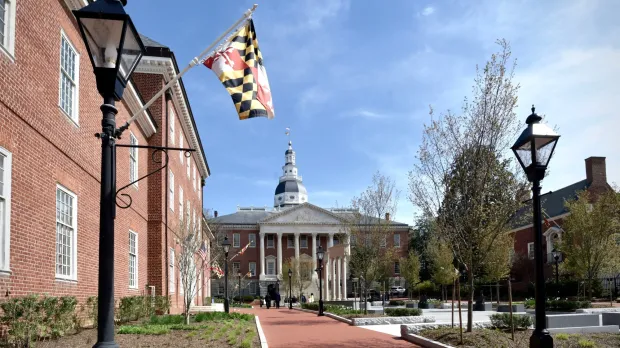
Understanding property laws is essential for anyone involved in real estate investments, homeownership, or even those simply interested in property trends. One aspect that often goes unnoticed until an issue arises is squatters rights in maryland, technically known as adverse possession. These laws play a significant role in shaping property claims in Maryland, creating unique scenarios and sometimes surprising outcomes for property ownership.
This blog explores the benefits of squatters rights and their impact on legal property claims in Maryland, offering insights and highlighting statistics, with a focus on the positive sides for individuals involved in such claims.
What are Squatters Rights and Adverse Possession?
Squatters rights, or adverse possession, is a legal doctrine allowing a person to acquire ownership of land under certain conditions, even if that person doesn’t have the original title. Essentially, if someone occupies land openly, continuously, and without the permission of the rightful owner for a set period, they may be able to claim legal ownership in Maryland.
The principles behind these rights are rooted in public policy. They aim to resolve disputes over land that has been abandoned or neglected and encourage productive use of property across the state.
Key Requirements for Adverse Possession in Maryland
To understand how squatters rights benefit individuals and affect legal claims, it’s important to review the requirements. Adverse possession claims in Maryland generally require:
- Open and notorious possession, so the occupation is obvious to anyone;
- Hostile possession, meaning without the owner’s consent;
- Actual possession, with physical use of the property;
- Exclusive use, with no sharing of the property with others; and
- Continuous possession for a statutory period, usually 20 years in Maryland.
These criteria are strictly interpreted by courts to ensure that claims are genuine and that the original owner had a reasonable chance to notice and react.
Benefits of Squatters Rights in Maryland
1. Reducing Property Neglect and Abandonment
One of the main social benefits of adverse possession laws is reducing the number of abandoned or underutilized properties. When property is left vacant for years, it often becomes a burden on neighborhoods, leading to increased crime, plummeting property values, and community decline.
Squatters rights incentivize individuals to take care of neglected spaces. By doing so, claimants often renovate, maintain, and enhance land that otherwise would contribute negatively to the community.
2. Encouraging Efficient Use of Land
Adverse possession benefits communities by encouraging efficient and productive land use. Disused lots, neglected rural land, and forgotten urban parcels can find new life through claimants who see potential where others see blight.
When a squatter transforms an abandoned building into a habitable home or cultivates a vacant lot into a thriving garden, it demonstrates the principle that property should be put to active use. Over time, these actions promote neighborhood renewal and community pride.
3. Clarifying Ownership for the Long Term
Over generations, unclear boundaries or lost paperwork can cloud the rightful ownership of land. Adverse possession offers a structured, legal method to resolve such ambiguities and formalize property rights.
This clarity benefits all parties involved. Individuals who make successful claims are able to invest in their land with confidence, knowing that the law supports their continued efforts. Communities benefit from knowing who is responsible for upkeep, taxes, and local civic obligations.
4. Preserving Community Stability
Stable property ownership underpins stable communities. When legal frameworks allow dedicated occupants of long-abandoned properties to secure title, community ties are often strengthened. These new owners are more likely to participate in local affairs, contribute to neighborhood development, and foster a sense of belonging.



